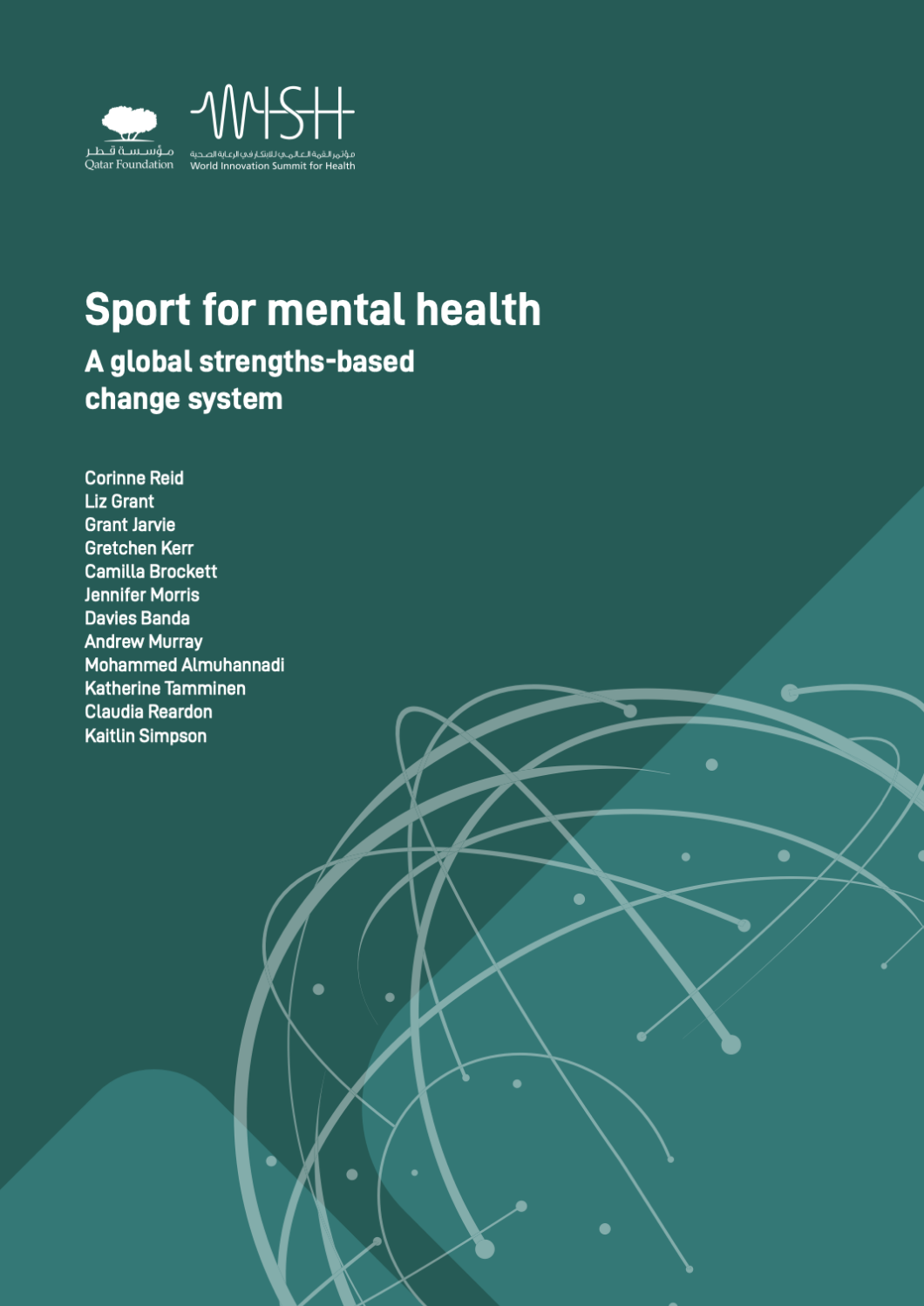Sport for mental health
Corinne Reid, Liz Grant, Grant Jarvie, Gretchen Kerr, Camilla Brockett, Jennifer Morris, Davies Banda, Andrew Murray, Mohammed Almuhannadi, Katherine Tamminen, Claudia Reardon, Kaitlin Simpson.
Mental health has become a shadow pandemic of COVID-19, omnipresent yet neglected. In the Top 10 causes of global disease burden since 1990, mental health disorders have an impact on all ages in all societies but disproportionately affect those already made vulnerable by the climate crisis, food and energy insecurity, conflict, pollution and poverty. Annually more than 750,000 people, many of them young, take their lives. Mental health is the foundation of a flourishing world. A credible roadmap for global and local solutions requires four elements: (i) reach, including to marginalized communities; (ii) potential for growth and scaled-up solutions; (iii) evidence of effectiveness; and (iv) potency in addressing social and ecological determinants driving the mental health tsunami. Sport is arguably the only platform that can address all four. Sport reaches every country. Its unparalleled toolbox can address the needs of diverse communities and cultures, providing effective, locally and globally co-designed, community-based, mental health solutions. Sport can tackle the mental health footprint of the powerful syndemics that are continuing to unfold.

